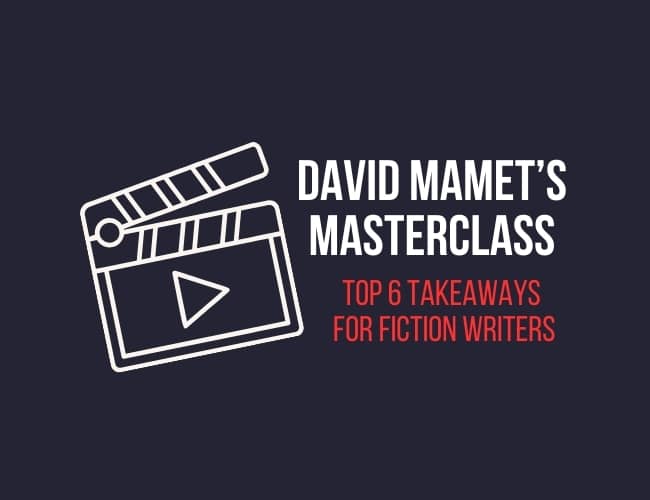
by Guest Blogger |
As writers of fiction, we’re always learning from more seasoned writers, whether it’s through reading, film-viewing, or taking a class. Today, guest writer Nick Labonté reviews David Mamet’s Masterclass on Dramatic Writing. See if it’s the right online course for you!
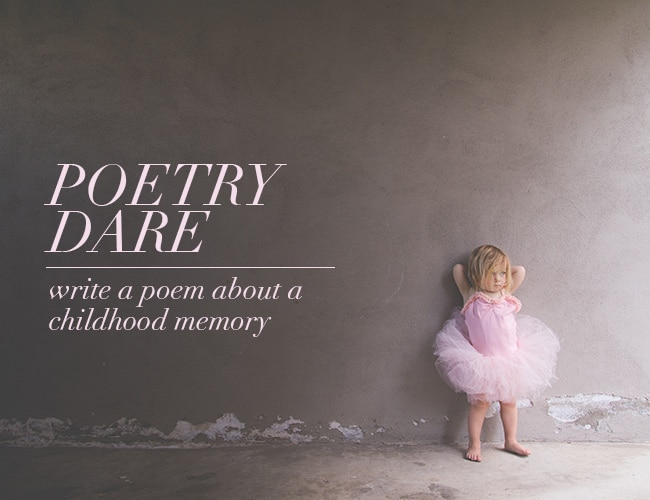
by Sue Weems |
It’s National Poetry Month! I know, I know. You don’t want to write a poem, but what if I could show you a way to tap into a childhood memory to create a poem or scene that you could use in any kind of writing? Will you accept a poetry dare today?
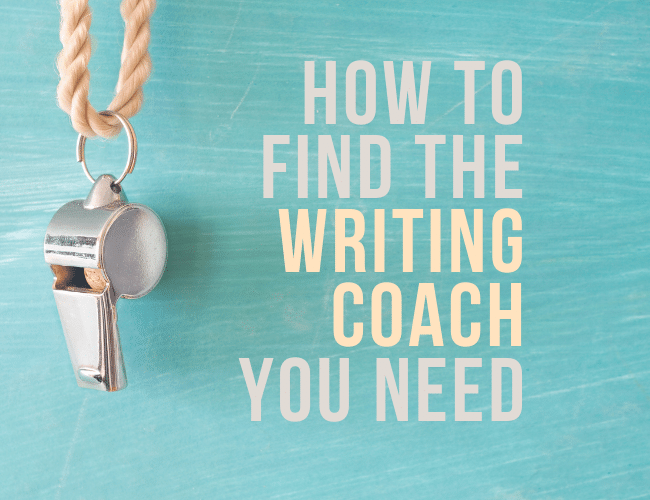
by Jeff Elkins |
Do you have a great idea for a book but you’re not sure what to do with it? Have you ever started writing a book and never finished, or finished it but didn’t know what to do next?
If yes, you might feel frustrated. You also might greatly benefit from hiring a writing coach.
But what is a writing—or book—coach? Do you need to hire someone to finish a book, or can you do it on your own for free?
Whether or not you’re interested in self-publishing a book or pursuing the traditional publishing path, a writing coach will make you a better writer in every step of your writing process.
Learn why a writing coach might benefit your first book, or hundredth, and how to find the writing coach you need.
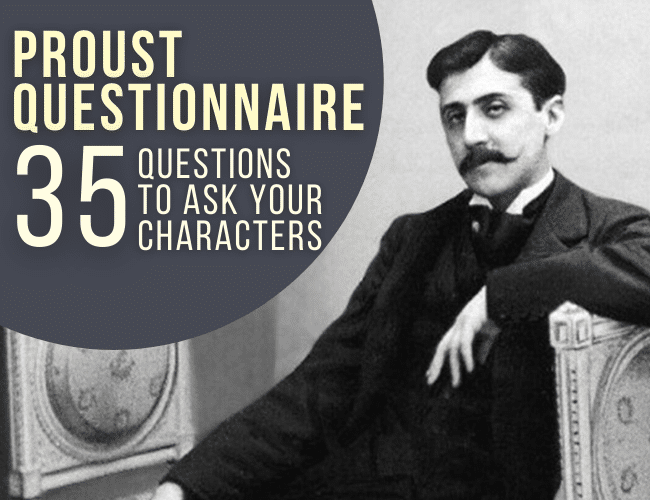
by Joe Bunting |
We’re on a characterization kick this week on The Write Practice. Today, we’re going to continue to delve into the lives of our characters by going through a list of thirty-five questions to ask your characters made famous by the canonical French author, Marcel Proust.
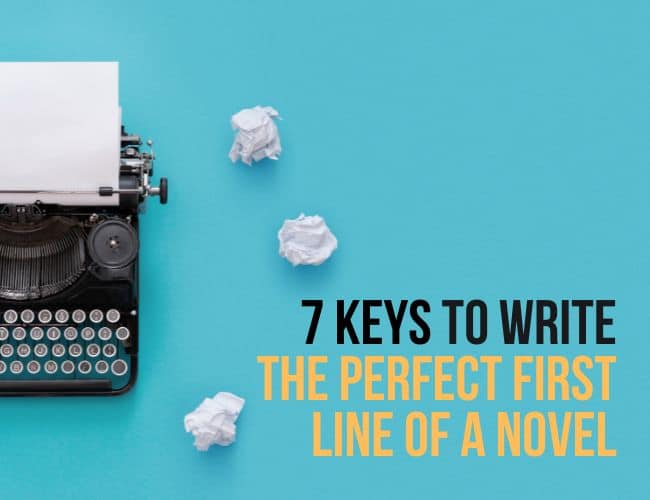
by Joe Bunting |
Earlier this week, I read “Poppies,” a short story by Ulrica Hume, one of our authors on Story Cartel. Initially, I had only planned on skimming a few pages, but the first line hooked me. Before long, I was finishing the last page.
Great first lines have that power, the power to entice your reader enough that it would be unthinkable to set the book down. How, then, do you write the perfect first line?
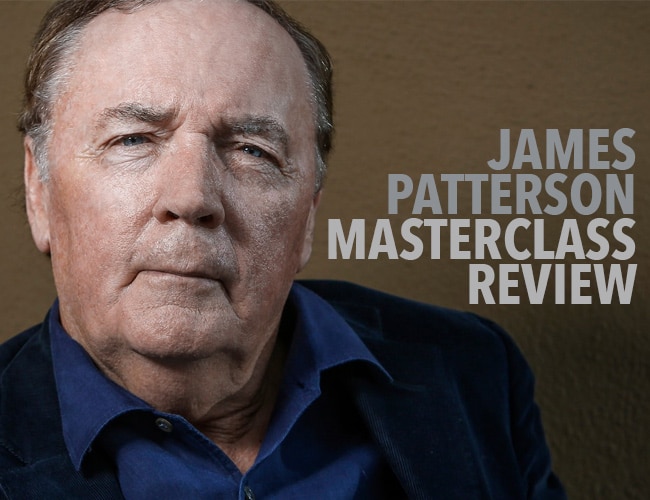
by Joslyn Chase |
James Patterson has held a top position on the list of best-selling thriller writers for the better part of two decades, so I jumped at the chance to take his MasterClass, learn his secrets, and add to my thriller writer toolbox. You may be wondering if taking the class would be a good move for you. Stick around for my James Patterson MasterClass review and see what you think.








